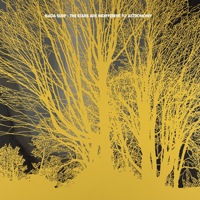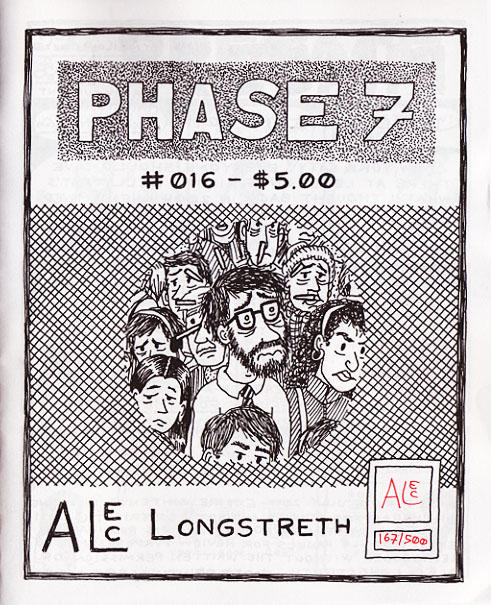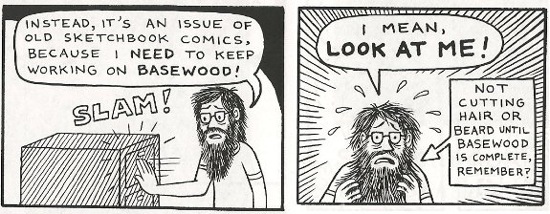Every other Thursday, Pop Addict presents infectious tunes from contemporary musicians across indie rock, pop, folk, electronica, and more.
 Nada Surf: The Stars are Indifferent to Astronomy (Barsuk, 1/24/12)
Nada Surf: The Stars are Indifferent to Astronomy (Barsuk, 1/24/12)
Nada Surf: “Waiting for Something”
[audio:https://alarm-magazine.com/wp-content/uploads/2012/01/Nada_Surf_Waiting_for_Something.mp3|titles=Nada Surf: “Waiting for Something”]The first thing that people usually think of when they hear the words “Nada Surf” is the mid-’90s post-grunge gem “Popular.” The track seemed to encapsulate everything that alternative rock in the ’90s stood for into a three-minute radio hit: humor, irony, hooks, cheekiness, and distortion. (It also helped that MTV played the music video nonstop.) And the band deserved the, well, popularity. The song was clever and catchy as hell. But, as is the case with many bands of that era who still had good songs/albums besides their hit (see: Superdrag, Better Than Ezra), Nada Surf has spent the rest of its career trying to get as far away as possible from that song.
To belittle the entire career of Nada Surf to a mere three minutes of one hit in the ’90s is completely unfair, though. Even though the band has lived in the shadow of “Popular” for the majority of its career, Nada Surf has quietly and steadily been putting out an array of solid garage-rock/power-pop-infused records. The Proximity Effect, from 1999, still hinted at the humor that “Popular” touched upon, but the album showed natural growth, with lyrics revolving around more “adult” problems, like seeking out a therapist or the emotional bankruptcy of living too fast. The album’s lyrical honesty and vulnerability is on par with Weezer’s Pinkerton.
By the time Let Go rolled around in 2003, Nada Surf had completely detached itself from the snot-nosed teenage angst of its lone hit single. Instead, a matured, weathered, broken, and fixed Nada Surf was at the helm, endorsing the same power-pop sensibilities it had on previous records, but now with added layers of acoustics, synthesizers, harmonies, and deeper, more meaningful songwriting. The Weight Is A Gift (2005) and Lucky (2008) followed in a similar (though slightly more watered down) fashion.



